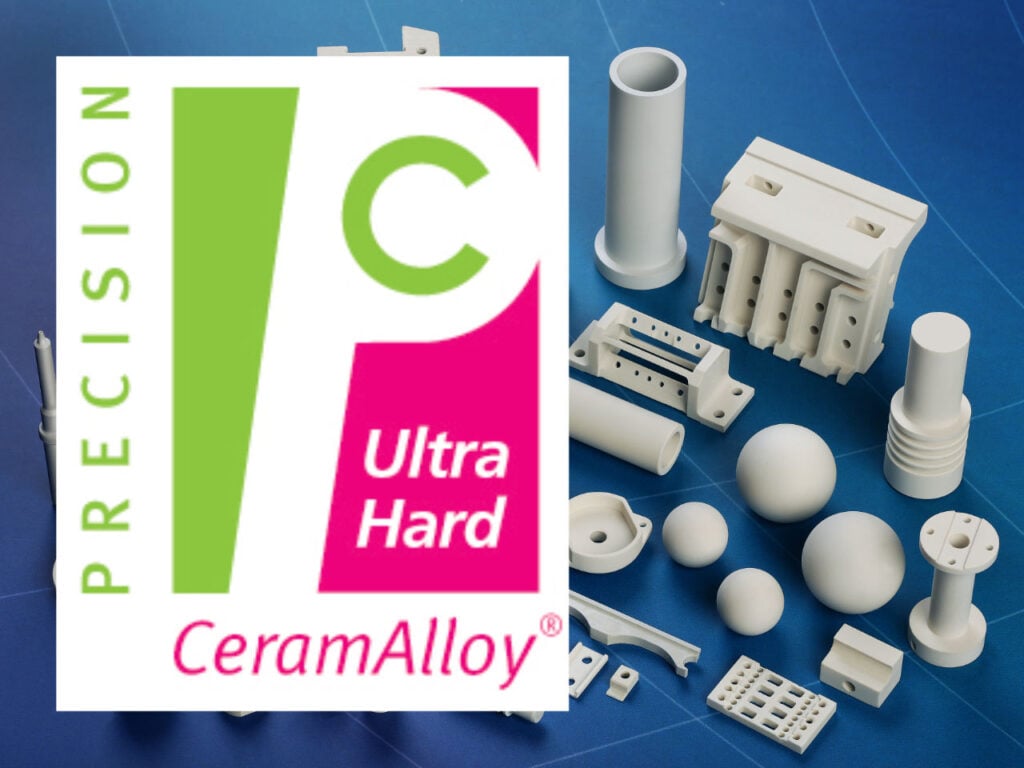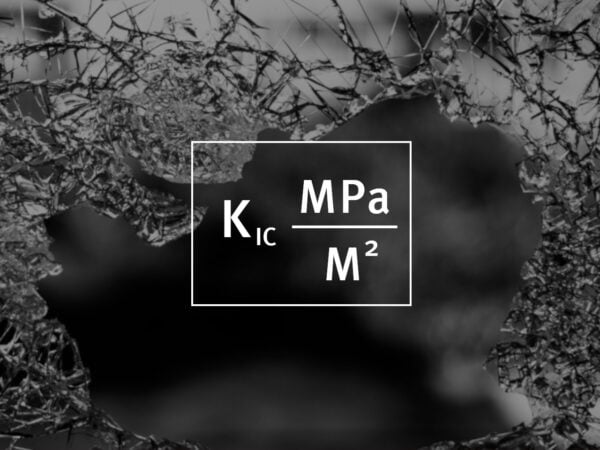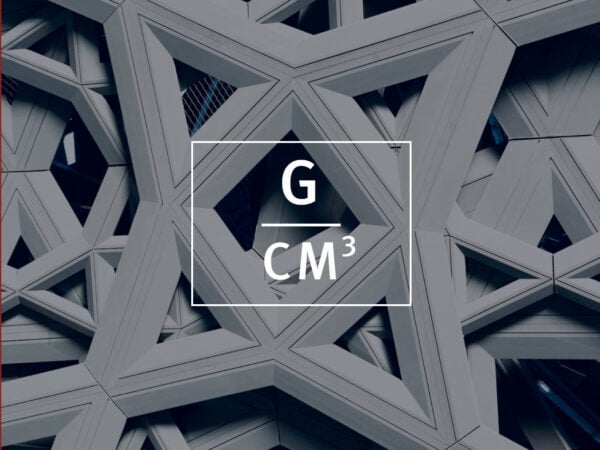Compressive Strength
Materials Ranked by Compressive Strength

Alumina (Al2O3) – CeramAlox™ Ultra Pure
3,500 MPa
CeramaAlox Ultra Pure is a very high purity (99.95%) grade of Alumina (Aluminium Oxide) often used in the medical industry for it’s compressive strength and purity.
Details

Zirconia-Alumina (ZTA) – CeramAlloy™ Ultra Hard
3,000 MPa
Zirconia-Alumina (ZTA) exhibit a combination of high hardness, strength, wear, and corrosion resistance while still maintaining reasonably high fracture toughness.
Details
Silicon Nitride (Si3N4) – CeramaSil-N™
3,000 MPa
Silicon Nitride has the most versatile combination of mechanical, thermal, and electrical properties of any advanced ceramic material.
Details
Silicon Carbide (SiC) – CeramaSil-C™
3,000 MPa
Silicon Carbide (SiC) is one of the lightest, hardest, and strongest advanced ceramic materials with exceptional thermal conductivity, acid resistance, and low thermal expansion.
Details

Aluminium Nitride (AlN) – CeramAlum™
2,000 MPa
Aluminium Nitride (AlN) is an excellent material to use if high thermal conductivity and electrical insulation properties are required; making it an ideal material for use in thermal management and electrical applications.
Details
Ceramic Material Comparison Chart
Related Properties

Fracture Toughness
The ability to resist fracture is a mechanical property of materials known as fracture toughness. For advanced ceramics it uses a critical stress intensity factor known as KIC where the fracture normally occurs at the crack terminations.

Density
Density is the mass of a material per unit volume. The unit of measurement can be expressed in different ways and is referred us as g/cm3 but another measurement value is kg/m3.

Hardness
One of the most valuable characteristics of advanced ceramics in high-performance applications is their extreme hardness. Hard ceramic materials are used for a wide range of applications in diverse fields and applications such as cutting tools for milling and grinding.

